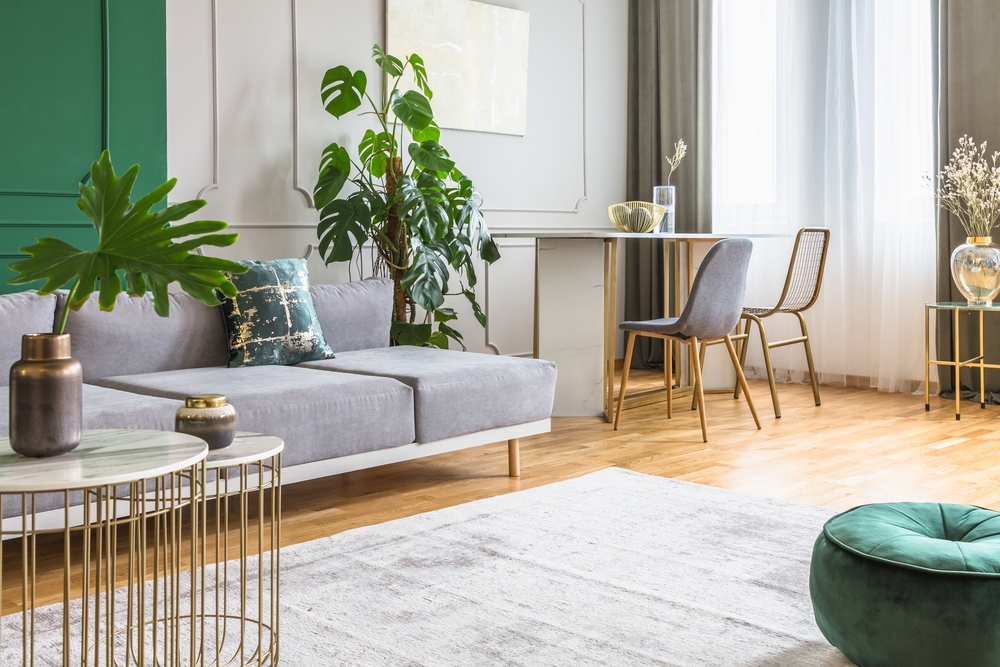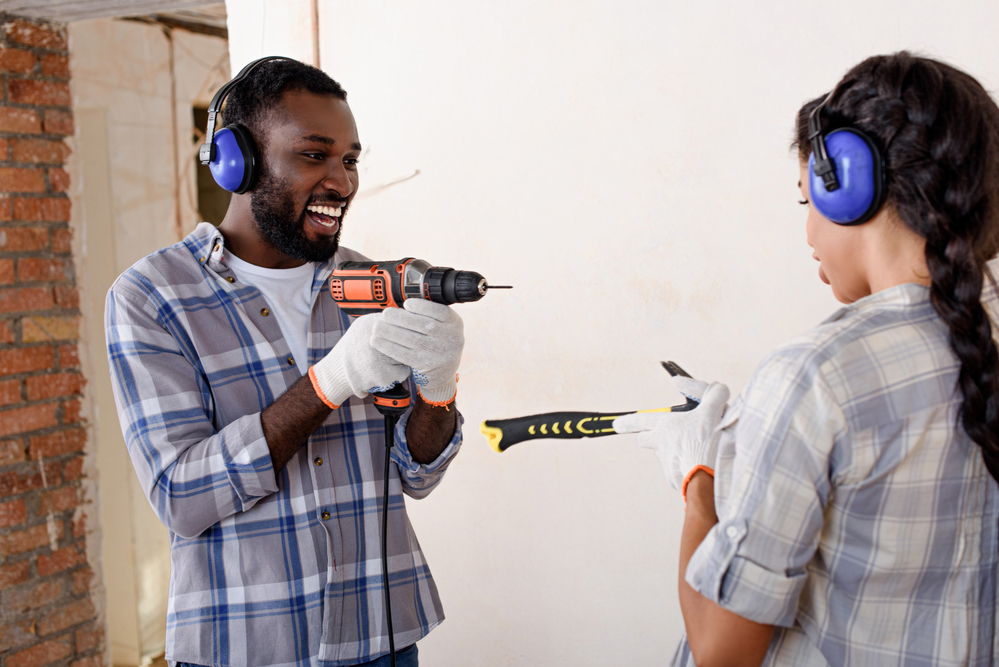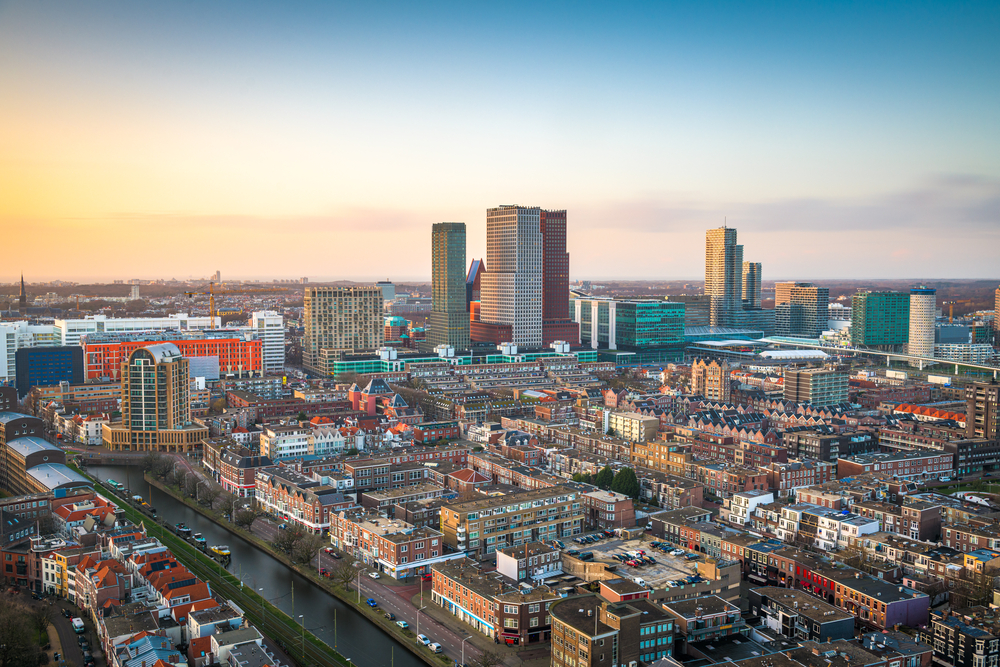If you’re currently looking for a home in the Netherlands then you’re probably also wrestling with this question: should I buy a house or an apartment?
And it’s a tough one! We all love the idea of a cosy house — but then what about the stunning view from a high rise?
To help you weigh up the pros and cons and make that decision, we’ve gathered up some of the key differences between buying a house versus buying an apartment in the Netherlands. 👇
First things first — the price
If your budget is on the lower side, an apartment is definitely worth considering. This is because it’s often cheaper to buy an apartment in the Netherlands than a house.

The average price for a house in the fourth quarter of 2021 rose to €438,000 for a pre-existing home and €466,000 for a new build. While apartment prices also rose by 18% in 2022, they remain the cheapest housing option in the Netherlands, sitting at an average price of roughly €340,000.
There are also some additional costs to consider. Unlike with houses in the Netherlands, with an apartment, building maintenance costs are shared between you and other tenants in the building.
READ MORE | 7 questions answered about getting a Dutch mortgage in 2022
However, there are a few downsides to this. For example, you have less freedom over when you want to pay these costs. If the building needs maintenance, it needs maintenance — and you alone can’t decide to wait until your wallet is heavier!
With a house, you may have slightly higher additional costs. For example, if you find out it’s time to replace your roof, you’ve got no co-residents to share the price tag with. That being said, at least you’ll get to choose when you have to take the hit and pay those costs, if the time isn’t right, you have the freedom to delay.
The freedom to renovate
Speaking about freedom, one important difference between living in a house versus living in an apartment is the ability to renovate your home.
It’s much easier to make renovations when you have a house. This is because you are the sole owner of the building and often don’t need anyone else’s permission to make changes to it (unless the renovations may disrupt your neighbours’ property.)

With an apartment, however, if you want to make renovations or additions to your home, you’re going to need the approval of everyone else who lives in the building — this can be a time consuming and fruitless process.
However, there’s also an advantage to be found in this group dynamic. When you live in an apartment in the Netherlands, you’re part of a co-owner’s association (Vereniging van Eigenaars or VvE).
What is the VvE? The VvE is responsible for ensuring that the apartment building is maintained properly and usually consists of the various tenants within the building. Should your association decide collectively that the apartment building needs repair work, then the VvE will make sure this happens.
Location, location, location
Where you want to live will also play a role in determining whether you should opt for a house or an apartment.
For example, if you want to live in the city centre, buying an apartment may be a more realistic move as houses in centres tend to be quite expensive (unless you’re loaded, in which case, good for you.)

Most of your housing options in a city centre will most likely be apartments, however, as they are the preferred residential buildings in more built-up areas.
READ MORE | Where to live in Rotterdam: the ultimate guide to Rotterdam’s neighbourhoods
If you’re looking for a life outside of the city, maybe even deep in the Dutch countryside, then chances are you’re going to be looking primarily at houses, or at most, some very lowkey apartments — you won’t find any skyscrapers in the Groene Hart!
Amenities: what do you want?
You should also consider what amenities are important to you. Do you have one or multiple cars? Well, then an apartment may not be the choice for you.
Unlike with having your own house, in the Netherlands, you often have to pay an additional fee for a parking space in apartment buildings!
READ MORE | Buying a house in the Netherlands: extra costs you need to know
That being said, if you enjoy a very short commute to the gym and supermarket, then it’s worth keeping in mind that apartment buildings often have shops, gyms, and even the odd kebab place built into them.
Planning your family
Chances are that if you are looking at becoming a homeowner in the Netherlands, you’re also thinking about your future (at least we hope this is the case.)

If that future includes the pitter-patter of tiny feet, then you need to consider the amount of space that you may need in the years to come — and this will influence whether you opt for an apartment or a house.
Apartments tend to be smaller than houses, often consisting of a single storey. If you opt for an apartment but plan on growing your family, you may eventually have to move out. Houses, on the other hand, often offer more room for a family to grow.
Does a house or an apartment best suit your lifestyle?
Think about the things you enjoy in your everyday life. Do those include walks out in nature, peace and quiet, and snuggling with pets? Then an apartment may not suit your lifestyle.
In the Netherlands, apartment buildings can contain hundreds of tenants, are often located in bustling city centres, and sometimes have restrictions on pets — meaning you’re probably better off opting for a house which offers more space (and won’t stop you from buying that St. Bernard.)
On the other hand, if you enjoy going out, find comfort in a bit of background noise, and are happy living with a quiet cat (or perhaps a turtle?) an apartment in the city centre will suit your lifestyle down to a tee.
Have you had to choose between an apartment and a house in the Netherlands? Tell us about your experience in the comments below!
